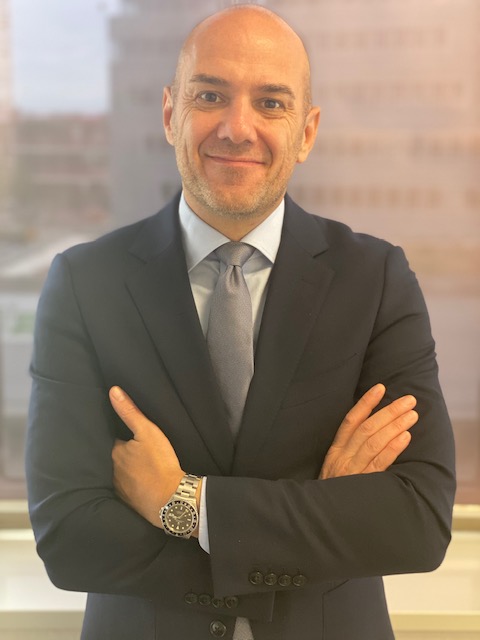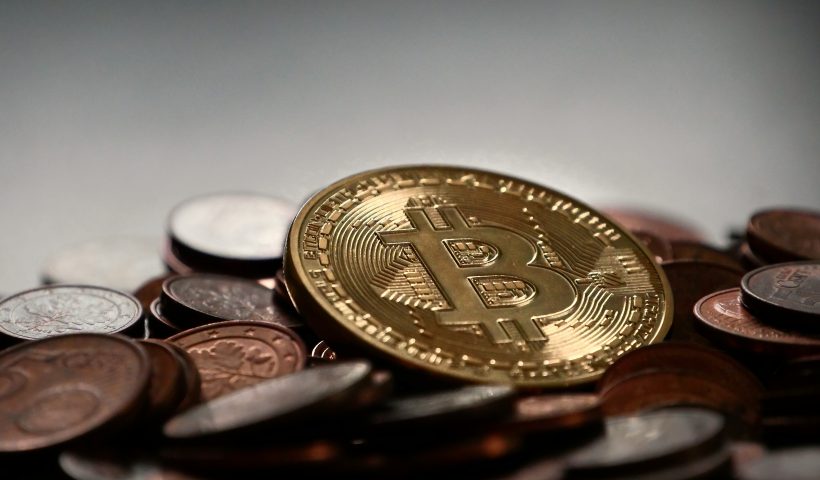Cash, book money and free availability
by JOCHEN WERNE published in DER BANK BLOG (30 October 2020) – For the original version in German please follow this LINK – English version translated by Deepl.com
“Disposal power” or “authority to dispose” are legal terms which are of great importance in the discussions on cash and book money. It also concerns the freedom of choice of citizens.
The German language today is much more extensive than the 100,000 words used by Goethe in his time. We hardly use many of these words, which are so characteristic of our language, despite their meaning. Perhaps some readers feel the same way about the word “Verfügungsmacht” as I did when I consciously read it for the first time in a quotation from the former president of the Federal Constitutional Court, Prof. Dr. Udo Di Fabio. And perhaps it is like with many things in life that one only realises the deeper meaning at the moment when one deals with it in more detail.
In our modern times, hardly anyone will visit the university library to quickly get to grips with a topic. Instead, people google the library to get an overview. And while less than 20 years ago we would have found our first little research happiness about the term “power of disposal” or also “authority to dispose of property” in the library of the law faculty, Internet research reveals in seconds a glance at a litany of legal forums.
Definition of power of disposal
What is striking here is that the focus is not on the definition of control, but that the topic of regaining control dominates the first page on Google. Inevitably, this reminds me of my first visit to the Munich Google office many years ago. Almost rapturously in his remarks about the power of the algorithm, a sales employee of the world’s most powerful search engine asked the group if we knew where on the Internet they hid a body. With a glance into his head-shaking auditorium, he solved the riddle with a smile and said: “On the second page of Google search. Inevitably, of course, one then asks oneself – albeit only rhetorically – whether the Google business model works in particular because many have simply relinquished control over their data.
The power of disposal or also power of disposition is defined as the “legal power to dispose of an object”. Which is banal, meaning that I should also have the power of disposal over what belongs to me – in other words, what is legally my property. However, the success of my own research on the first Google page suggests one thing above all else to the reader: that the power to dispose of property can be lost. For example, also of your own money? In order to answer this question, one should basically distinguish between cash and book money.
Cash, book money and the power of disposal
With cash, I have direct unlimited physical control over my money in the form of coins or notes. This power of disposal can of course be lost if I am robbed or simply lose my wallet. Without entering into the legal depths of “normal” debt and the right to dispose of money, citizens have in principle all the means guaranteed by the state at their disposal to recover their property.
The same applies to book money, if, for example, money is lost through credit card fraud when shopping online. The limits of non-physical power of disposal would, however, quickly become apparent if a bank went bankrupt and the money parked in the account in excess of the deposit guarantee was no longer available.
Cash, book money and free availability
It is utopian and not at all sensible to hoard all one’s “money” as cash. But it is certainly important to make clear what it means to no longer have the freedom of choice between cash and book money and thus to completely give up one’s right to physical availability of money.
In the concluding sentence of his speech at the 2018 Cash Symposium of the Deutsche Bundesbank, Udo Di Fabio underlined what is probably the most important point in the current discussion surrounding this election. He said that it should not be “disregarded” in principle that every citizen should be able to freely dispose of his money – his “exchangeable assets”. He further added that this was particularly true when “financial privacy” was considered a legal requirement.
This means that a society whose entire assets would only be managed digitally in book money could also only exercise limited individual power of disposal over its money and would have to face the question “whether the state, through its central bank, would be entitled to carry out a controlled devaluation through negative interest rates, booking discounts or fees on credit balances”. Prof. Di Fabio further points out that this would then not only be an encroachment on ownership but, as a result, possibly also the imposition of a special levy, which is only permitted under strict conditions in the German legal system.
Conflicts of interest and trust
It is easy to see that this issue can give rise to considerable conflicts of interest in the triangular relationship between citizens (- how can I protect and increase my money), government (- how can public debt be reduced) and central bank (- how can economic and monetary stability be ensured). This is particularly true in the light of the continuing challenges posed by the Corona pandemic.
It is thanks to the excellent work of the Deutsche Bundesbank since the Federal Republic of Germany came into existence and the confidence it has built up in our currency that the confidence of the public in both cash and book money is so high in this country.
Freedom of choice between cash and book money
Of course, another decisive aspect of this trust is the freedom of choice between cash and book money, which the Bundesbank also advocates. This freedom of choice also offers banks the opportunity to deal flexibly with the funds. For example, instead of charging 100 percent negative interest on book money to citizens or companies, banks could also physically hold it or have it held in safekeeping as cash.
Since it is not part of a bank’s core competence to operate high-security systems and one certainly does not want to expose one’s own employees to the risk of a robbery or the blackmailing abduction of a family member, there is of course the possibility of outsourcing such a service in a LCR-compatible and MaRisk-compliant manner. A service that supports the customer in parts of his liquidity management and does not make it difficult for him to possibly maintain his own safe in his own four walls and without a security concept and thus endanger himself and his family.
“Money is coined freedom”
In his prose work “Records from a House of the Dead”, the Russian writer Fyodor Mikhailovich Dostoevsky describes his own experiences in Siberian captivity and formulates the later much quoted sentence: “Money is coined freedom”, thereby describing the vital relevance of a free exchange of goods in an unfree environment – and this through coined cash money. For the young Dostoyevsky, the changeover to a pure book money system in Siberian prison would have meant the withdrawal of his individual power of disposal over money, so that in reverse he would no longer have any assets which he could have used for the exchange of goods and other things. He describes this situation in the quintessence as follows: The suffering of prisoners who do not have money is “10 times greater”.
It is therefore reasonable to assume that the intellectual, serious discussions about the freedom of choice between cash and book money and the freedom of citizens in a constitutional state, which is freely consolidated in its constitution, would please Dostoevsky with his experiences in an unfree society. And it is characteristic of our open society that, especially in a crisis like the present one, we are conducting and continuing the debate on freedom of choice and power of disposal at this level, and not only with regard to our money.




